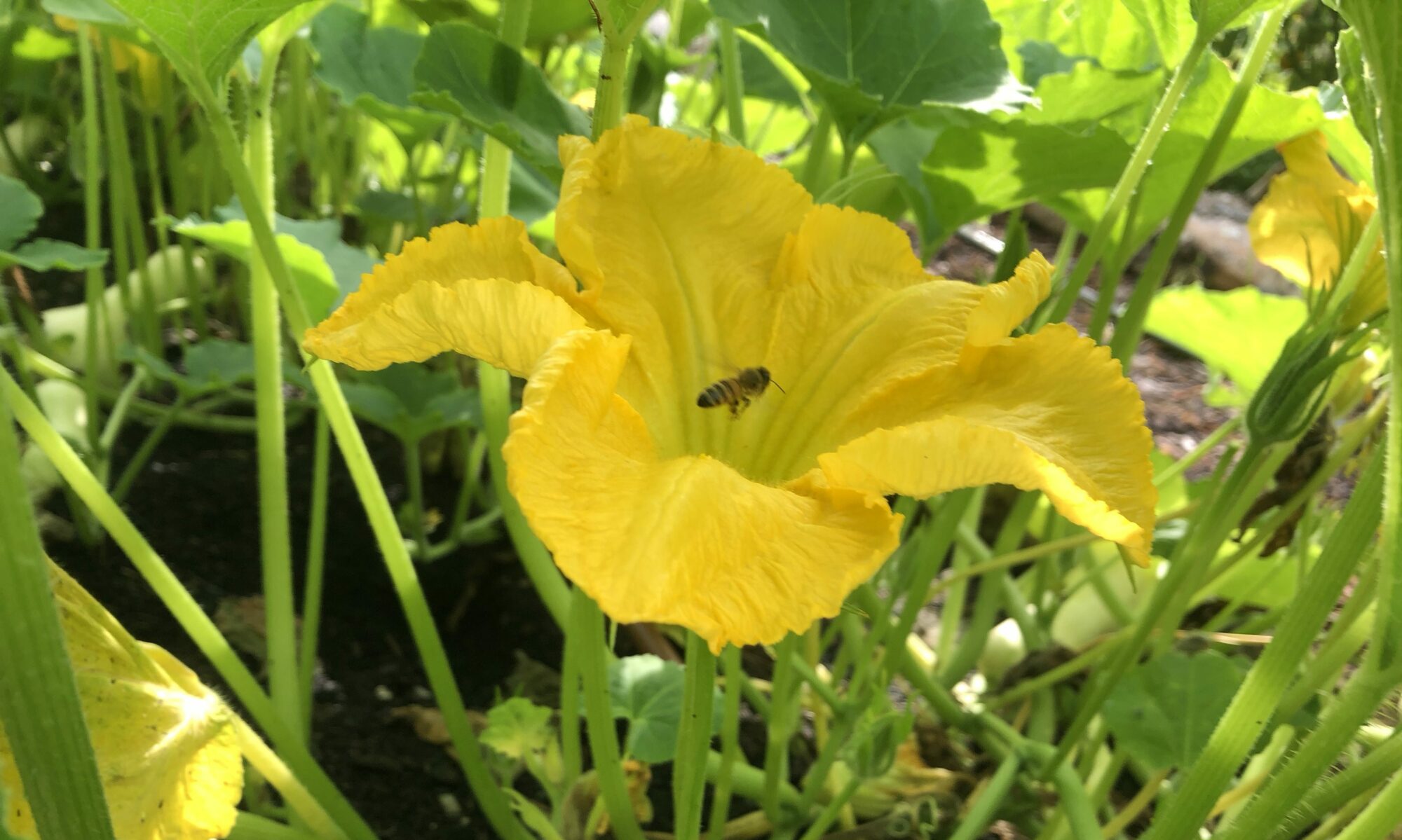This is a really good read. A bit lengthy, but the writer interviewed a slew of people from different sides of the “gluten debate.” I had a couple thoughts while reading this which I’ll expand on here.
http://www.newyorker.com/magazine/2014/11/03/grain
The author writes about a study where the scientists concluded that gluten was the cause of a small groups’ IBS. Gluten was introduced in a double blind study and the gluten eaters had more IBS than the gluten-free eaters. The conclusion was pretty easy to make since it was the only variable they were looking for. A separate study removed gluten and FODMAPs (Fermentable Oligosaccharides, Disaccharides, Monosaccharides, and Polyols); things like onions, garlic, apples, etc. Gluten was then reintroduced to the FODMAP group and people didn’t have the IBS issues they started with, so the conclusion was made that it was the FODMAPs and not the gluten that caused the IBS issues.
I think removing gluten is easier than removing all the foods that fall into the FODMAP category. If people feel better removing one item, they may not bother trying to figure out the FODMAP rules, especially when different sources list different foods for FODMAPs. It’s possible the FODMAP diet helps fix the underlying problem and allows people to eat gluten without issue, but there isn’t much sciene to back that up definitively. Going gluten-free may just a placebo effect and people just believe they feel better because they are “gluten-free,” but I think the first study shows some people feel the effects of gluten even when they don’t know it’s there. I do hope that people aren’t just substituting everything with a gluten-free version because gluten-free cake is still cake and full of all kinds of other junk.
The other thing I thought about was how FODMAPs effect gut bacteria. The point of being on a FODMAP diet is usually to reduce the overgrowth of “bad” bacteria in the gut. When someone’s bacteria ratio is out of order, eating FODMAP foods may increase the bad bacteria, causing gas, bloating and other IBS symptoms. It is a possibility that the people in the study experiencing IBS were not gluten intolerant but had a poor ratio of “good” to “bad” bacteria in the gut and the FODMAP test helped fix this balance, so when the gluten was reintroduced to the FODMAP study patients, their bacteria were in balance and they didn’t suffer any distress. If they were not gluten intolerant, fixing the bacteria solves the problem. Whereas the gluten free test, where gluten was the only variable, the gut bacteria ratio wasn’t remedied but still provided adequate relief when gluten was removed. The question becomes, is gluten the problem, or is our gut bacteria the problem? And if it is the gluten, is it dose dependent, and the real problem is all the extra wheat gluten producers put in bread to make it airy and fluffy?
While I personally feel better when I leave gluten out of my diet, and I take a probiotic supplement and eat a fair amount of prebiotic foods, I do tend to think that the nations dramatic increase in “gluten-sensitivity” (celiac or otherwise) has a lot to do with the bacteria we are inadvertently promoting by eating lots of boxed, processed, pasteurized and sanitized foods. We have very different microbiomes inside us than our ancestors did.
If you don’t believe gluten is a problem, and you think your bacteria is just fine, I’d encourage you to think about making your own bread. The stuff used to clean and bleach flour in processed breads these days is provocative at best and detrimental at worst. How much benzolye peroxide is left in the bread you eat from the store is hard to figure out, but if you make your own bread at home, you know there’s none.
